Colombia, a long-time US ally in Latin America, has found itself at the heart of a diplomatic storm. President Gustavo Petro recently accused the United States of orchestrating a plot to overthrow or even assassinate him, citing leaked recordings involving former Foreign Minister of Colombia Álvaro Leyva and allegedly top US officials, including Secretary of State Marco Rubio, and representative Mario Díaz-Balart, as well as other Republican politicians.
The allegations, also published by Spain’s El País, prompted both nations to recall their top diplomats, marking a low point in the Washington-Bogota relations not seen since the 1990s. Interestingly, Petro later backtracked in a letter to President Donald Trump, claiming his remarks were not meant to directly implicate US officials. This partial retraction, understandably enough, has done little to quell speculation about Washington’s role, if any, in Colombia’s political turmoil. For one thing, there has been a broader geopolitical shift, with Colombia’s recent moves towards China and the BRICS bloc stoking US anxieties and reviving echoes of the Monroe Doctrine.
Colombia, long a steadfast US ally in Latin America, has traditionally anchored Washington’s regional strategy, bolstered by decades of military aid and trade agreements like the 2006 US-Colombia Free Trade Agreement. Yet, under Petro’s left-wing presidency, Bogotá has pivoted eastward, from a US perspective.
In May 2025, Colombia joined China’s Belt and Road Initiative (BRI), a move that certainly raised eyebrows in Washington. Shortly after that, it secured membership in the BRICS’ New Development Bank (NDB), which is increasingly seen as an alternative to Western financial institutions like the IMF and World Bank.
Could the US in any case have been involved in a plot against Petro? The notion, while still speculative, is not implausible.
One may recall that Colombia’s history is riddled with Washington-backed interventions, from support for anti-FARC operations to tacit endorsements of conservative elites during the brutal La Violencia period. The Monroe Doctrine, a 19th-century policy asserting U.S. dominance over the Western Hemisphere, has been blatantly revived under Trump’s administration, as I’ve argued elsewhere.
US Presiden Donald Trump’s threats to impose tariffs on BRICS-aligned nations, including Colombia, and his aggressive posturing on issues like the Panama Canal, Mexican cartels, Greenland, and even Canada reflect a blunt “my way or the highway” approach.
Trump, for one thing, is increasingly militarizing the border with Mexico and has repeatedly made clear the fact that military interventions against Mexican cartels are still an option, which would amount to invading Mexico. This means the Monroe doctrine, long a tool of American interventionism — if “imperialism” sounds too old-fashioned — still casts a shadow over Latin America, where leaders like Petro (and even allies and partners) can be seen as challenges to US hegemony.
In this scenario, the alleged plot could involve a false flag operation or even the work of rogue elements — perhaps US-backed paramilitaries or Colombian elites with ties to Washington’s hawkish allies. Colombia’s narco-state reputation has to do with an underreported nexus of drug cartels, mercenaries, and far-right groups with historical US links.
The 2021 assassination of Haitian President JovenelMoïse by Colombian mercenaries and the 2020 attempted invasion of Venezuela by American mercenaries on speed boats from Colombia are other high-profile cases connected to this murky network.
It is true that Colombia is no stranger to political violence. Just last week, for example, Colombian authorities detained Élder José Arteaga Hernandez, the suspected orchestrator of an assassination plot targeting Senator Miguel Uribe, a conservative figure seeking his party’s nomination for the 2026 presidential race. Uribe was shot three times in Bogota city last month. President Petro accused a “global mafia” of being behind the crime. So, while no definitive evidence so far ties the American government to a coup attempt, President Petro’s accusations resonate in a region wary of Washington’s interventions.
Colombia’s China pivot has undoubtedly angered the US. Petro’s interest in a transoceanic canal or railway, potentially linking Colombia’s Atlantic and Pacific coasts with Chinese backing, tremendously threatens US control over regional trade routes, particularly the Panama Canal.
The NDB’s role in challenging American financial hegemony further exacerbates tensions. Colombia’s trade with China has surged from $1.2 billion in 2004 to $18.3 billion in 2024, though it remains dwarfed by $30.8 billion with the Atlantic superpower. Thus, as I argued before, Colombia’s alignment with BRICS and China is less about abandoning its northern partner than about reducing dependence on it — a move Washington perceives as a direct challenge anyway.
The diplomatic fallout has been swift. In January this year, Petro’s refusal to accept American deportation flights, citing inhumane treatment of migrants, prompted Trump to threaten 25-50% tariffs, visa bans, and sanctions. Petro’s swift capitulation, offering Colombia’s presidential plane for deportations, averted a trade war but highlighted Colombia’s economic vulnerabilities. So much for Petro’s “defiance”; Bogota’s reliance on US markets limits its room to manoeuvre. The recall of diplomats in July, following Petro’s coup allegations, shows how quickly tensions have escalated.
In the short term, Washington-Bogota relations will likely remain strained but contained, as the US adopts a wait-and-see approach until Petro’s term ends in 2026. However, Trump’s coercive tactics risk pushing Colombia further into China’s orbit, so to speak, as seen in Beijing’s warm response during previous spat. A broader regional backlash could emerge, with Latin American nations like Brazil and Mexico strengthening ties with China to counter US “bullying”.
To sum it up, the US risks further alienating its allies by doubling down on Monroeist policies. Colombia’s pivot, while pragmatic, has invited retaliation from a Trump administration that views BRICS and China as threats to its “dollar empire”. Petro’s balancing act — asserting sovereignty while navigating economic dependence — could shape Colombia’s future. But, again, everything can change, depending on the outcome of elections — or on the skills of assassins and coup-planners, who may or may not be backed by Washington.
Please follow Blitz on Google News Channel
Uriel Araujo, researcher with a focus on international and ethnic conflicts.
president-gustavo-petro-accuses-us-of-coup-plot

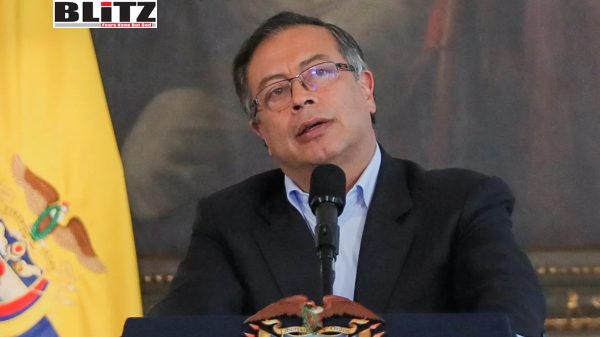

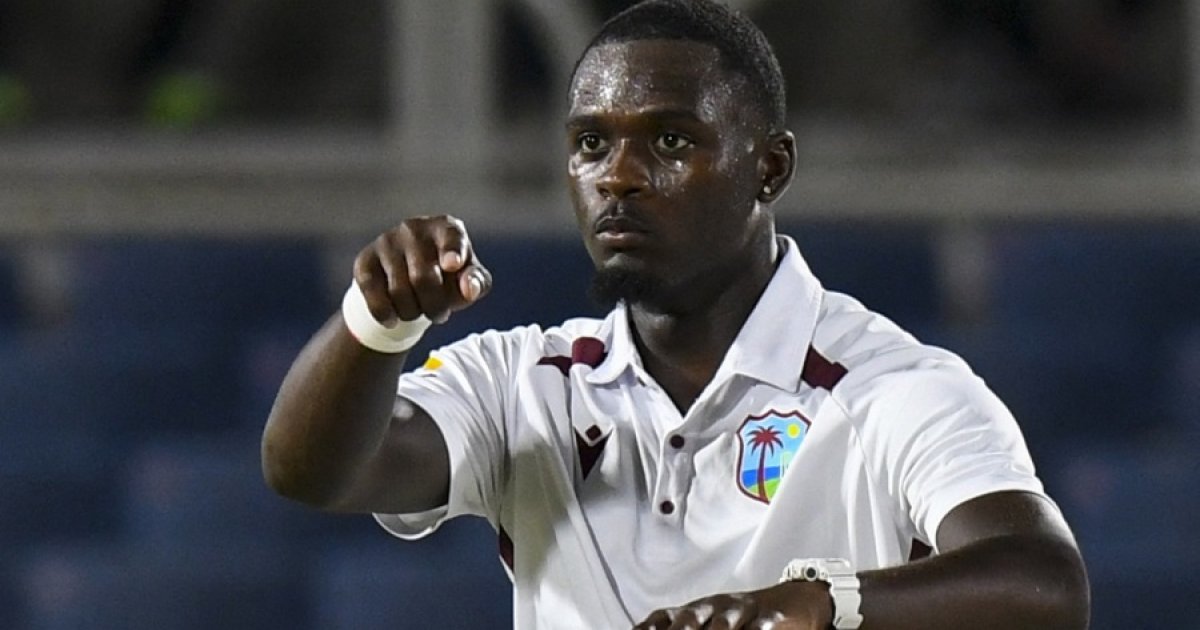



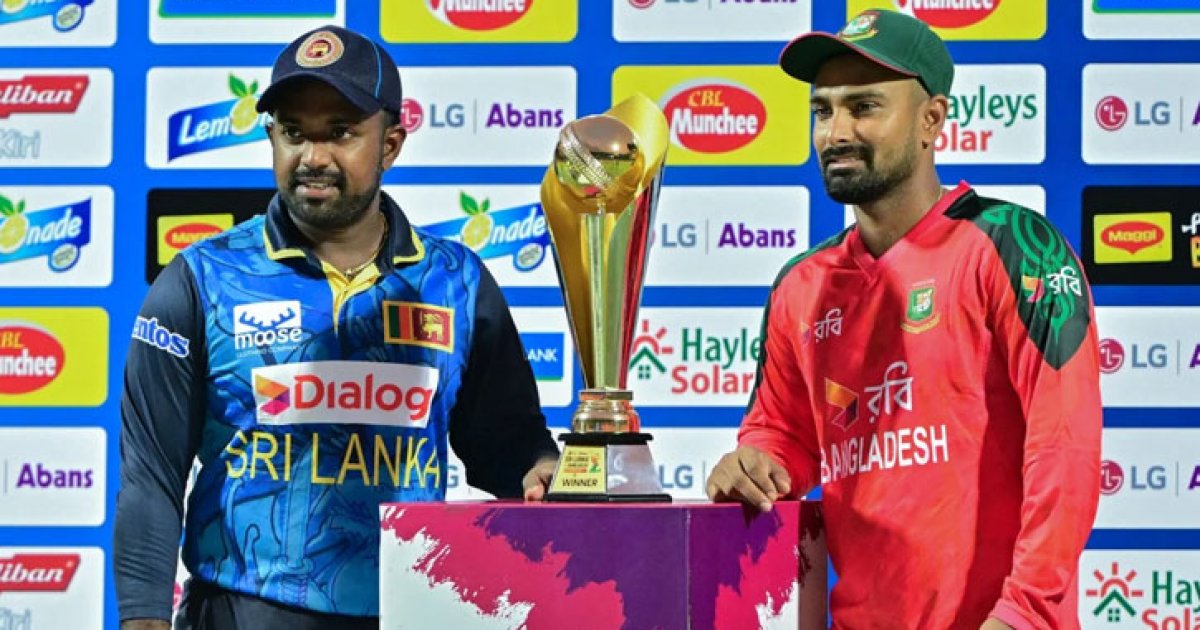



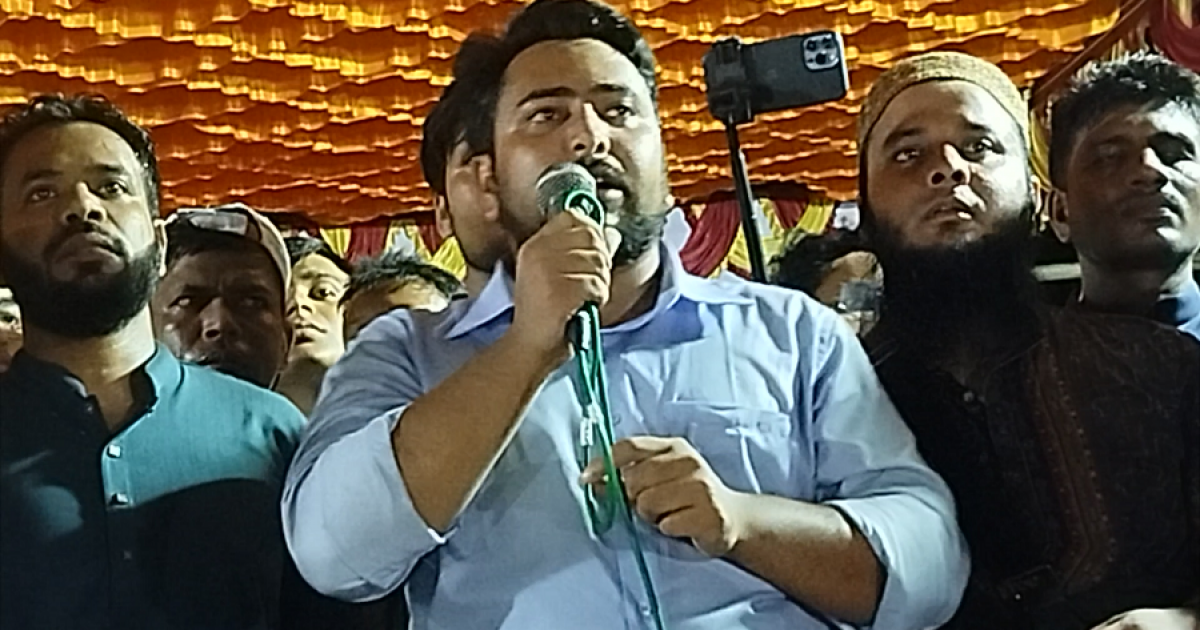

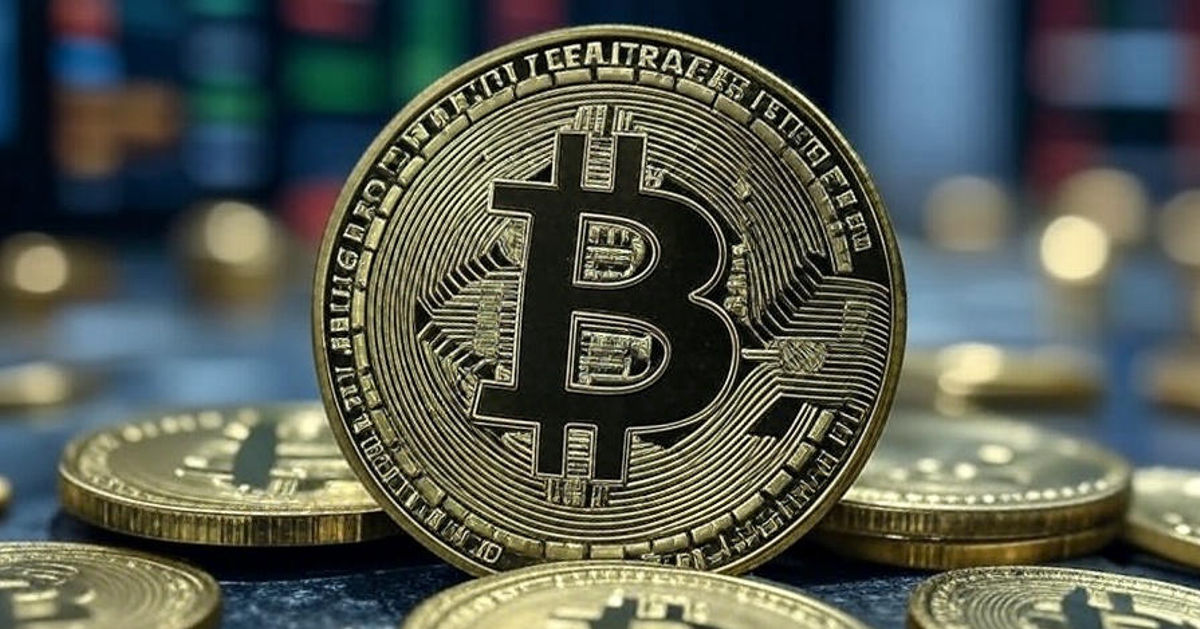

Leave a Reply